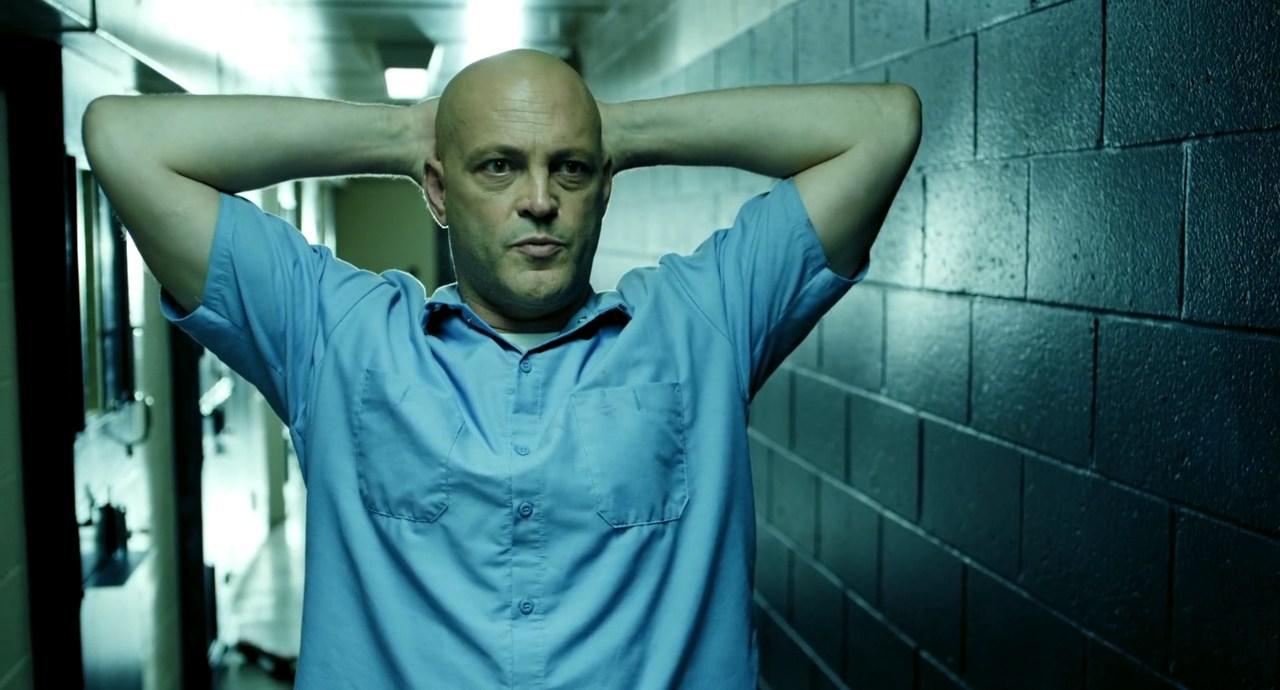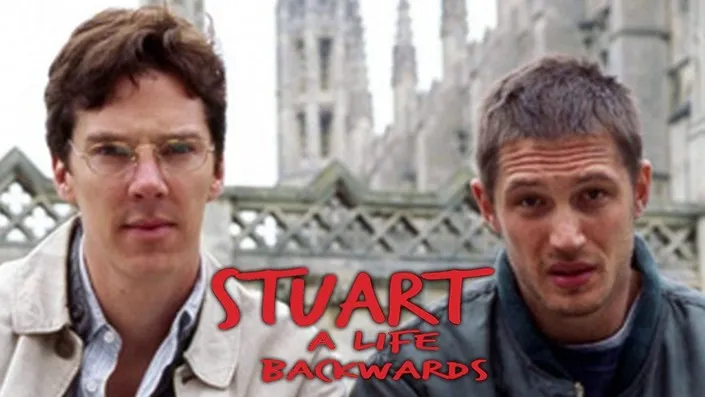In a place where honor dies, one man still chooses to bleed for what’s right.
Brawl in Cell Block 99 (2025) resurrects the bone-crunching, blood-soaked world of its 2017 cult predecessor, delivering a brutal sequel that dives even deeper into the psyche of violence, vengeance, and one man’s unbreakable code. Director S. Craig Zahler returns with his signature slow-burn tension and shockingly raw fight choreography, this time placing a new soul in the prison pressure cooker—one even more dangerous and desperate than before.
Though Vince Vaughn’s iconic Bradley Thomas met a definitive end in the original, the 2025 sequel shifts focus to a new character: Isaac Trent (played with seething intensity by [Lead Actor]), a dishonorably discharged Marine framed for arms trafficking. Sent to the notorious Redleaf Maximum Security Prison—the same site where Thomas once carved his bloody legend—Isaac is given an ultimatum by a cartel: assassinate a political prisoner in Cell Block 99, or his family on the outside dies.

From the moment Isaac enters the gates of Redleaf, the film wastes no time plunging into Zahler’s signature atmosphere: long takes, sharp silences, and sudden eruptions of vicious, wince-inducing violence. But beneath the carnage lies character. Isaac is a deeply fractured man—haunted by guilt, bound by principle, and slowly unraveling under the weight of impossible choices. What begins as a forced mission becomes a journey of reckoning. Blood may be spilled, but not without purpose.
Much like its predecessor, Brawl in Cell Block 99 (2025) refuses to romanticize its violence. It’s ugly, raw, and deliberate. Broken jaws, shattered limbs, and prison riots are filmed with a grindhouse edge—but grounded in consequence. The film is as much about moral corrosion as it is about combat.

The sequel also widens the scope: corruption runs deeper, alliances are more twisted, and Redleaf has evolved into something even darker—part gladiator arena, part political chessboard. With subtle commentary on justice, systemic rot, and sacrifice, Zahler crafts more than a prison brawl—he builds a bleak, brutal opera of masculinity and morality.


-1754624053-q80.webp)
